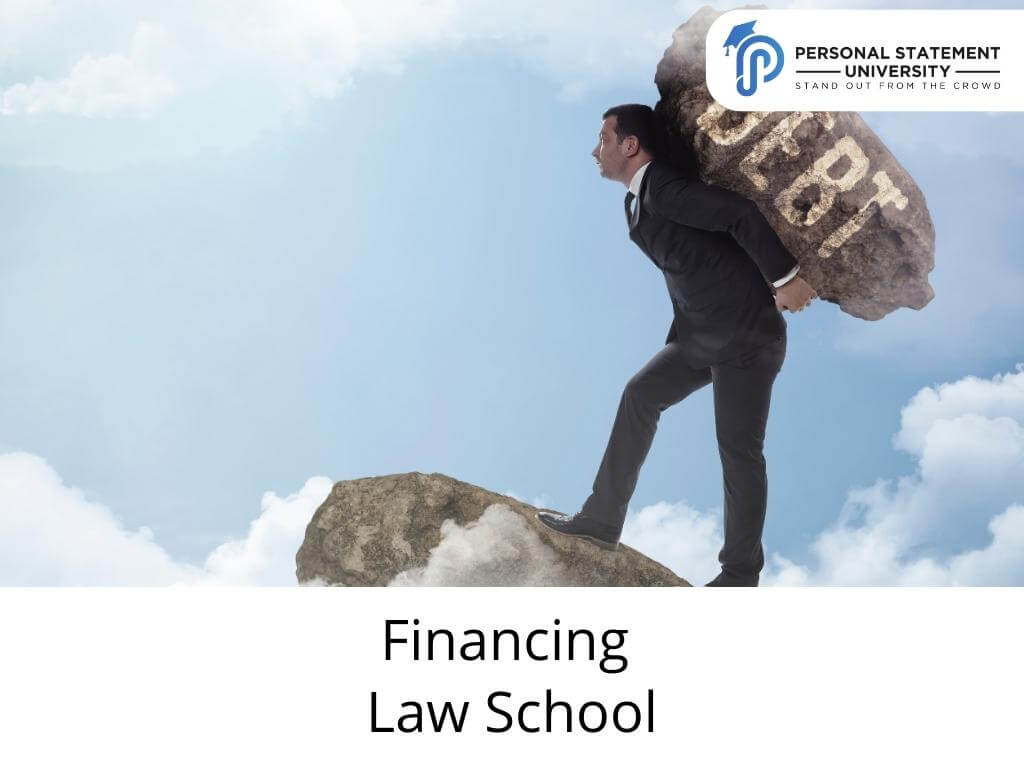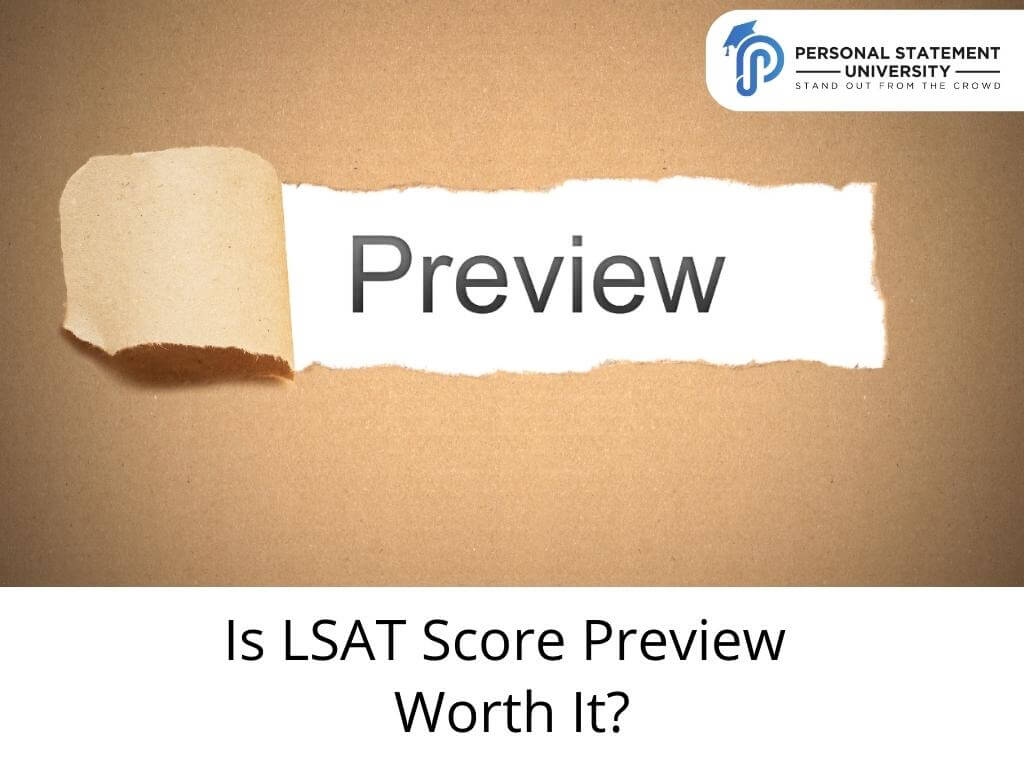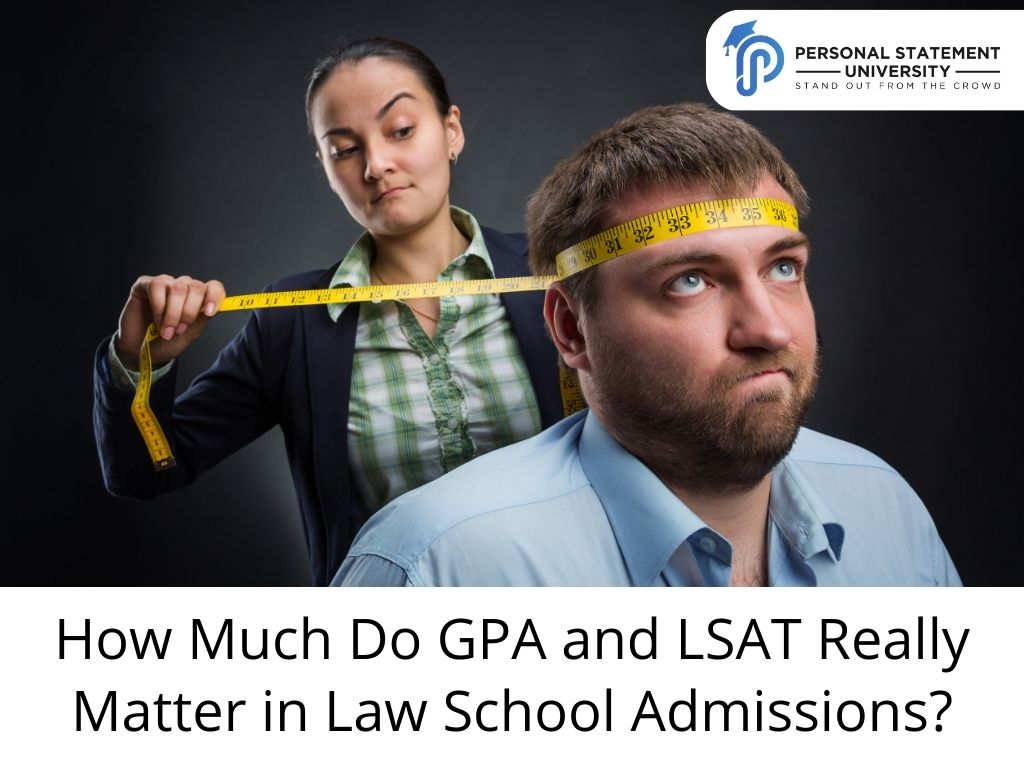Financing Law School
Still Confused?
Get in touch with us for
professional guidance.


Law school is expensive. The sticker price for the most expensive law schools is more than $75,000 per year. Pay that sum annually for three years, all while earning little to nothing because you aren’t working much. Needless to say, you would get yourself in serious debt if you borrowed $225,000 for tuition plus enough to cover living expenses for three years.
It’s not at all uncommon (although mostly avoidable) to graduate with a quarter-million dollars in student loan debt after three years of law school.
Yuck!
The good news is that there are plenty of things you can do before, during, and after law school to manage debt or, in some cases, eliminate the need for debt entirely.
Before Law School
Put together a stellar application. This is your most likely method for getting financial assistance. And schools are motivated to give aid where they think it’ll be well spent: schools are ranked in part by agencies like US News & World Report and Above the Law in part on how much debt their students graduate with. In other words, if they think you’re going to help them with their other statistics like graduation rate, bar passage rate, employment rate, LSAT, and undergraduate GPA, they will likely offer you a significant tuition reduction, up to a full-ride, depending on the school.
The way to put together a great application is to have a strong GPA and LSAT and to have the soft portions of your application – personal statement, letters of recommendation, resume – tailored to each of the schools you apply to.
Once you’ve been accepted to a law school, that school will collect some information, mostly from a FAFSA you fill out, and determine your Cost of Attendance (COA), which is the amount of tuition they want to charge you (this is almost never the sticker price) plus your estimated other expenses. In other words, it’s the sum total they think you’ll spend over the next school year, including the summer.
Once they’ve determined your COA, they are required to offer you financial aid that will cover the entire cost of that year. This may take the form of a mix of loans and scholarships (some of which are conditional upon getting good grades, so be careful!). You can usually choose to accept all or some of the offers.
You can negotiate scholarship offers, especially if you have a competing offer from another school. If you enter a scholarship negotiation, focus on the value you present to the school in terms they can understand: What are your plans to participate in their programs during your time there? How do you plan on representing the school in a positive light both as a student and later as a lawyer? How do you plan to give back to the school once you’re established in your career?
During Law School
Some Debt Is Better Than Others
If you have to accrue debt, some debt is better, and some are worse. If possible, borrow ONLY federally backed loans. You can get up to $20,500 per year with a Federal Direct Unsubsidized Loan, and, assuming you or an endorser has good credit, you can borrow the rest of your COA through a Federal Direct Grad PLUS Loan.
If you have to borrow more than this, beware: you will have to get a private loan. Read the terms carefully because those loans sometimes have ballooning interest rates that surprise people and become unsustainable in the long run. Try to avoid these if at all possible.
In case you’re wondering, most full-time law school programs won’t let you work for the first school year, so don’t turn down needed aid because you think you can keep your day job and go to full-time law school.
You Can Make Good Money During Law School
As you go through your law school career, there are things you can do (especially after your first year) to manage your accruing debt load, and most of them have to do with summer jobs.
First, make sure you have good grades so you can get a paying summer associate position. You usually work each summer during law school (there are just two summers to do so), and if you have good grades and are interested in working in a private firm, it’s quite possible to make good money as a summer associate. This is true of Big Law firms, but smaller firms often pay their associates fairly well also. This is often because they’re hoping to hire their summer associates as junior associates after law school. Make yourself valuable to them, and they’ll pay you even before you graduate.
If private practice isn’t your thing, though, consider positioning yourself to take advantage of the Public Service Loan Forgiveness (PSLF) program. If you work in government or public interest law for ten years after law school and make all 120 payments on your loan over that time, however much is left is supposed to be forgiven. Since you can arrange payments that fit your budget, known as Income-Driven Repayment, you might have very manageable payments for ten years and then debt freedom. But beware, this is a federal program that has had a track record of rejecting applications for debt relief, leaving people who thought they were eligible stuck on the hook for a lot of money! If this path makes sense for you, make sure you’re working in the public service or government field during law school, so you have the experience to get hired for a qualifying job right out of law school.
After your 1L year, the school will likely allow you to work part-time (and the second and third years aren’t as taxing as the first one). With a little legal education under your belt, you might be able to find work that pays a little better since it requires that kind of education. Ask your career services office what part-time work they’re aware of. Lawyers often farm out some of the research and legal writing part of their jobs to law students, so it’s a great way to earn more money than working retail while getting relevant experience.
After Law School
Once you’ve accrued the debt, your options become limited. You can often consolidate your debt through a private company – meaning they pay off your various loans, and then you owe them what you would’ve paid the other lenders, sometimes at a lower interest rate.
Beware! If you’re planning on taking advantage of PSLF, you must consolidate BEFORE you start making payments. If you start making payments and consolidate later, you will lose credit for those earlier payments toward the 120 total payments. Bad news!

Let Personal Statement University Put You on the Path to the Law School of Your Dreams:
Application Consulting - Work with a 15-year veteran of law school admissions who's helped thousands of people get admitted.
Essay Editing - Whether it's a personal statement, diversity statement, addendum, or another essay, we'll make sure it's polished and targeted.
The World's Only Interactive Personal Statement Course - Learn everything you need to know to get admitted - and find the right schools for you - for just $99.



